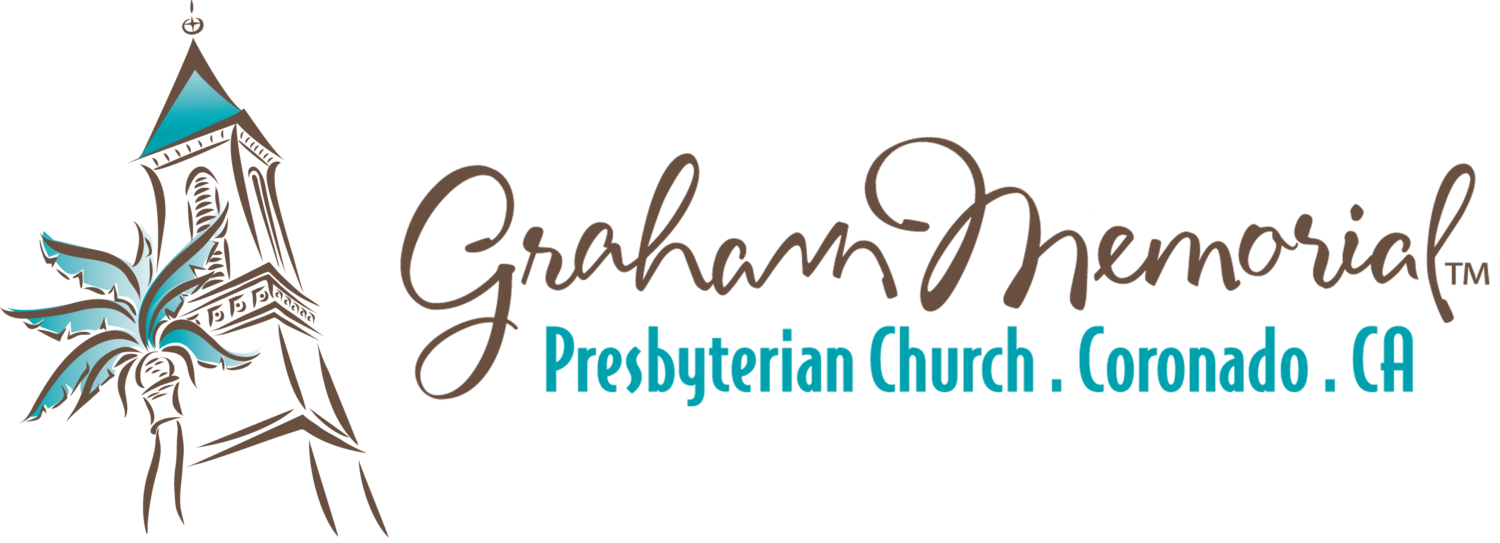Hide & Seek
Good Wednesday to you,
One of the challenges we face reading passages of Scripture, sometimes we go into auto pilot—much like childhood games we have played over and over again. We know the rules and how to win the game! While Jonah is a very familiar "Historical Narrative" which many of us learned as young children, it is very easy to shift into auto pilot.
As I shared on Sunday, the book of Jonah is filled with irony from the opening verses to the closing chapter of the book. Even the book itself is a bit of an irony. The book itself contains only two prophetic statements, but is considered among the minor prophets of the Old Testament. Then, God says "Go to Nineveh" and Jonah runs the opposite direction. Going to Nineveh meant going northeast; Jonah went southwest to Tarshish.
The reasons why Jonah ran the opposite direction are complex and multifaceted—because that’s how people are. Some argue Jonah did not want to go to Nineveh because it was a death sentence. The Assyrians were merciless in expansion and experts in killing. One of their tactics in warfare was to kill everyone in the city but leave one or two survivors. Those survivors were sent ahead to the next city on their hit list as witnesses to the death and destruction. Simply merciless.
Many of the reasons why people think Jonah ran have merit. Ultimately, Jonah's running is a reflection of our brokenness. We want what we want when we want it. A sort of "My Will" over God’s Will in our lives. We end up running and hiding from God, like Jonah, as if there is anywhere we can go to hide from God. Reminds me of Adam and Eve hiding from God in the Garden—kind of ironic to hide from the God who knows everything.
In studying Jonah with you, it was refreshing to see how God was working in Jonah's life, the sailors' lives and even in Nineveh (although we won't see Nineveh's turn until later). It can be difficult to see how God is working in the lives of other people—but Jonah is a clear example of God working. It is easy for us to see how God worked in Jonah's life. As he spiraled "down" to the point of being thrown overboard to his death, God rescues him. The same is true for the sailors, they feared for their lives, called upon the Lord, and He rescued them from death. Now we do not know the end of their stories (like we do for Jonah) but we do know the sailors "feared the Lord, and they offered sacrifice to the Lord and made vows to him" (1:15).
Jonah is a masterfully written work—it demonstrates the full Gospel. Some have said the title of the book should be "The Gospel According to Jonah." God is at work in the world, in our lives, and in the lives of people around us. Jonah is a story of redemption—in our brokenness and sin, God hears our cries for help and rescues us. What a beautiful story, and it is our story. Now go and share it! Share it with your families, friends, neighbors, classmates, and co-workers. It is the greatest story ever told!
Again, I am thankful for all of you and your worship on Sunday morning—know you are all an encouragement to me. Next week, we'll look at Jonah chapter 2.
Blessings,
Pastor John
If you missed this Sunday’s sermon, click here to listen now!
